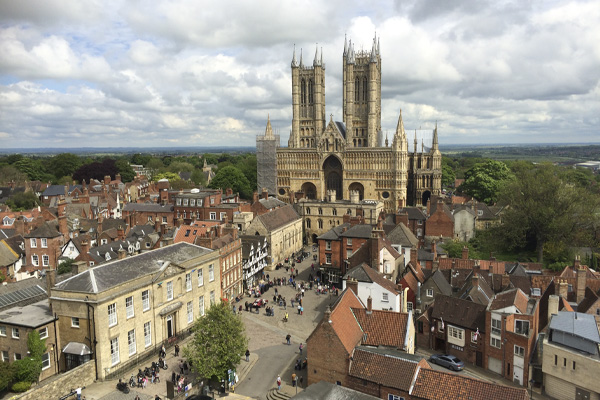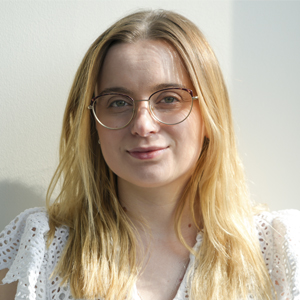History in the Making
The history of the monarchy, perhaps unsurprisingly, often focuses on the lives of kings and queens that ruled over the country, rather than the relationships between their spouses and family members, unless they played what was seen to be a pivotal role, directly or indirectly, in shaping society.
Francesca Cannon, who is a PhD student based in the Lincoln School of Humanities and Heritage, is aiming to change all that by giving a voice to three medieval queens whose queenships occurred between the late thirteenth and early fourteenth centuries: Marie of Brabant, Queen of France, Margaret of France, Queen of England, and Elizabeth de Burgh, Queen of Scots.
More importantly, Francesca is exploring the roles of these queens as stepmothers and second wives to their husbands, and in particular, their positions and relationships to their husbands' legitimate children from previous marriages.
“It is a surprisingly understudied area of research,” explains Francesca. “I’ve been working in the archives examining exchequer and household rolls, medieval manuscripts, and related literary sources to try to present an accurate account of the important lives of these three women and how their queenships affected their relationships with family members and society at large.”

/prod01/university-of-lincoln-cdn-pxl/media/responsive2017/research/newresearch/Francesca,Cannon,banner,1600X600.jpg )

.jpg)